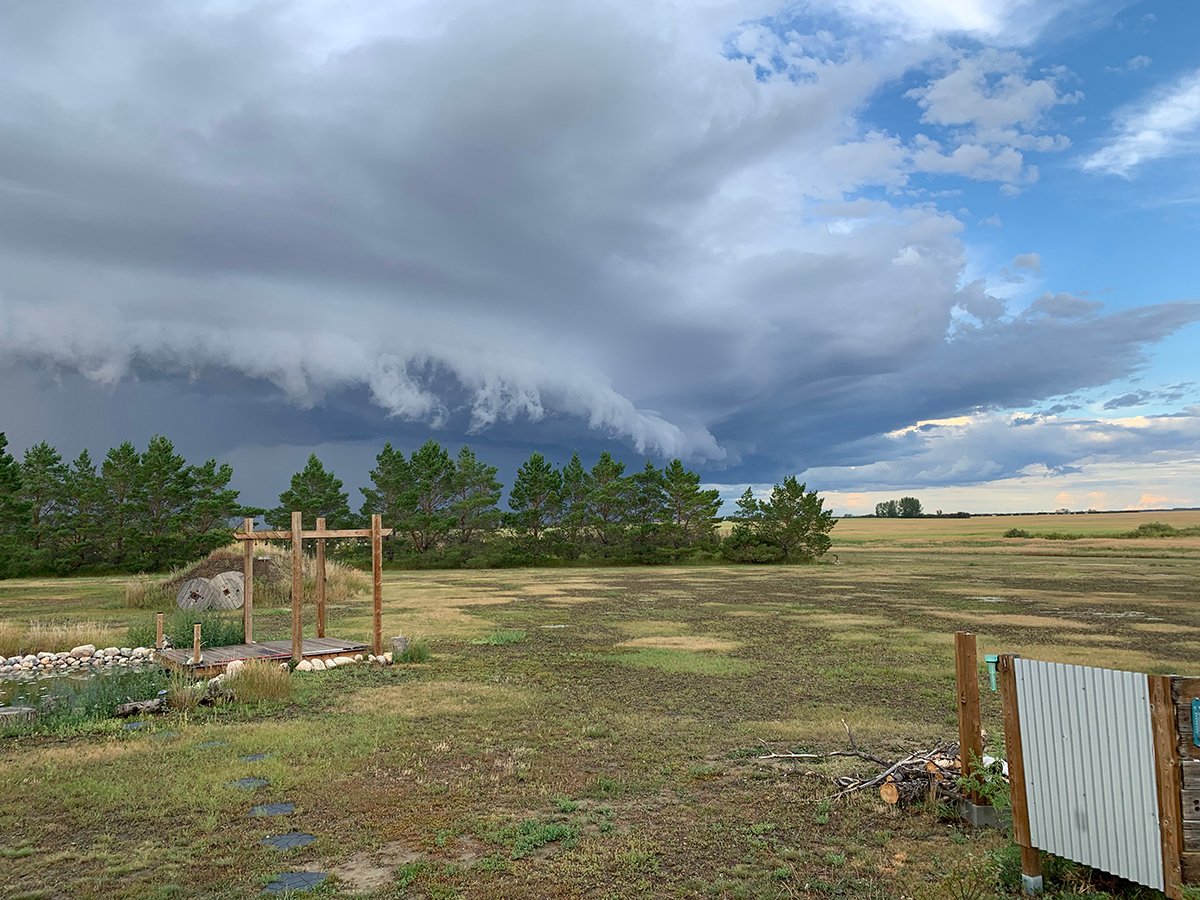MINOT, N.D. – Farmers were left to draw their own conclusions last week after a climatologist predicted warm, dry weather will prevail this spring in the Northern Plains.
Leon Osborne, a climatology professor with the University of North Dakota, said the La Nina weather phenomenon will cause below-normal precipitation for most of the region until at least late April.
“It appears that will be the driving force for the next three to four months,” he said during the Manitoba-North Dakota Zero Tillage workshop.
The weather will start shifting in the opposite direction in June, bringing above-normal moisture for July. He expects the wet weather to continue until fall.
Read Also

Storm dynamics and extreme rainfall
Besides moisture, instability and orographic lift, the next biggest factor that contributes to heavy or extreme rainfall is storm dynamics.
The climate in the Northern Plains is already abnormally dry, said the climatologist, but has not yet become a drought.
The heavier precipitation that he expects to arrive in July is part of a weather cycle that started in 1977, Osborne said. That cycle, although occasionally disrupted by other events such as La Nina, will continue for most of this century.
James Powell, a North Dakota farmer, was willing to heed the weatherman’s words. Powell farms in an area that tends to be dry at seeding time.
“From what he said, I think I may seed a little bit later.”
While Osborne’s predictions piqued the interest of farmers, they may also be of interest to legislators embroiled in a debate about Devils Lake, in North Dakota.
The wet cycle will add to the burden of water accumulating in Devils Lake, Osborne said. Rising lake levels there have flooded large tracts of land and forced people from homes.
Manitoba is at loggerheads with North Dakota over a proposal to divert water from Devils Lake into the Sheyenne River, which eventually spills into the Red River, heading north into the province. Manitoba opposes the diversion plan due to concerns about foreign life forms and water quality.
– Bell














